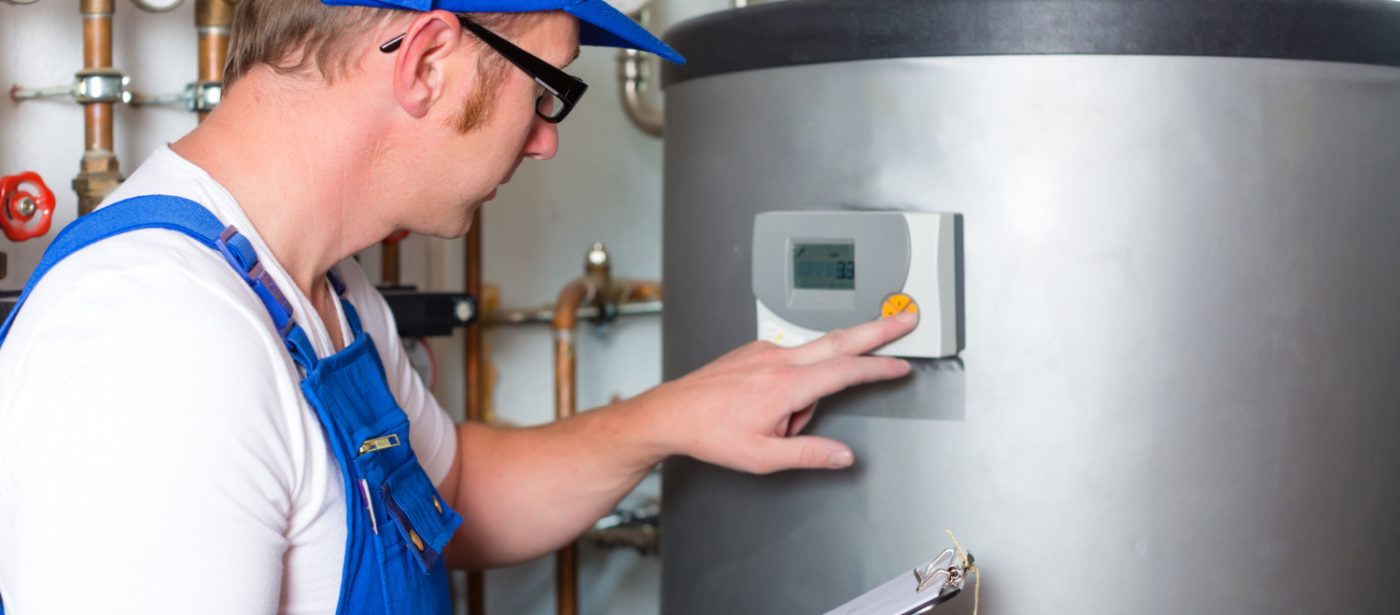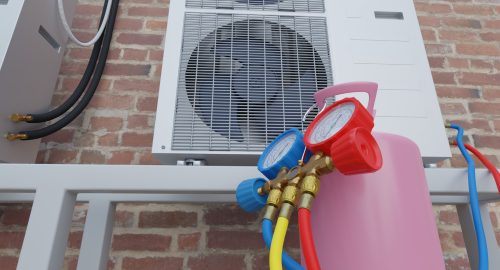Winter brings colder temperatures, making a well-functioning boiler essential for maintaining a warm home. Preparing your boiler for the winter months involves understanding common issues and knowing how to address them. Regular boiler repair and maintenance ensure your system operates efficiently, preventing unexpected breakdowns.
Common Boiler Issues During Winter
Winter can put a lot of strain on your boiler. Identifying common boiler issues can help you address them before they escalate. Here are some typical problems homeowners face during colder months:
1. Frozen Condensate Pipe: The condensate pipe can freeze in cold weather, causing the boiler to stop working. Insulating the pipe can prevent this issue, but if it does freeze, thawing it carefully with warm (not boiling) water can restore functionality.
2. Low Boiler Pressure: Low pressure can cause the boiler to operate inefficiently or not at all. Check the pressure gauge; it should be between 1 and 2 bars. If it’s lower, you may need to re-pressurize the system as per the manufacturer’s guidelines.
3. No Heat or Hot Water: This issue might be due to broken diaphragms and airlocks, faulty motorized valves, or low water levels. Sometimes, the thermostat may be set too low or not working correctly.
4. Strange Noises: Kettling noises, banging, or whistling often indicate limescale buildup or trapped air in the system. These sounds suggest the boiler is working harder than necessary, reducing efficiency and increasing wear.
5. Radiators Not Heating: If some or all of your radiators are cold, it could mean there’s trapped air or sludge buildup preventing proper circulation. Bleeding the radiators or flushing the system can resolve this.
By recognizing these common issues, you can take steps to address them promptly and maintain a comfortable home throughout winter.
DIY Boiler Troubleshooting Tips
Before calling in our professionals, you can try some DIY troubleshooting tips to resolve minor boiler issues. These steps can help you identify and fix basic problems.
1. Check the Thermostat: Make sure your thermostat is set to the correct temperature and mode. Replace the batteries if needed and ensure the clock setting is accurate.
2. Repressurize the Boiler: If the pressure gauge shows less than 1 bar, re-pressurize the system. Locate the filling loop and follow the manufacturer’s instructions to increase the pressure until it’s within the recommended range.
3. Inspect the Pilot Light: Ensure the pilot light is on. If it’s gone out, follow the manufacturer’s instructions to reignite it. If it keeps going out, there may be an issue with the gas supply or a faulty component that needs professional attention.
4. Bleed the Radiators: If some radiators are cold, bleeding them can release trapped air. Use a radiator key to open the valve slightly, allowing air to escape until water flows steadily, then close the valve.
5. Thaw the Condensate Pipe: If the pipe is frozen, safely thaw it with warm water. Avoid using boiling water to prevent damage. Once thawed, consider insulating the pipe to avoid future freezing.
6. Check for Error Codes: Modern boilers often display error codes when something goes wrong. Refer to your boiler’s manual to understand the code and any recommended actions.
These troubleshooting tips can resolve many common boiler issues and keep your system running smoothly. If problems persist, it’s important to call our professionals for further assistance.
When to Call Our Professionals for Boiler Repair
While DIY troubleshooting can solve some boiler problems, certain issues require the expertise of our professionals. Knowing when to call for professional help can prevent further damage and ensure your boiler operates efficiently.
1. Persistent Issues: If the same problem keeps recurring despite your troubleshooting efforts, it’s time to call our professionals. Persistent issues might indicate underlying problems that need expert diagnosis and repair.
2. Strange or Loud Noises: Unusual noises such as banging, whistling, or gurgling suggest mechanical issues or a buildup of sludge and limescale. These noises can cause damage if not addressed by our technicians.
3. Frequent Pilot Light Issues: If your pilot light keeps going out, it could be due to a faulty thermocouple or ignition issues. These components require professional diagnosis and replacement to avoid gas leaks or other dangers.
4. Low Boiler Pressure: While it’s possible to re-pressurize your boiler, persistent low pressure suggests a leak or a malfunctioning component. Our professionals can accurately identify and fix the issue.
5. No Heat or Hot Water: If your boiler isn’t providing heat or hot water, several complex factors could be at play, such as motorized valve failures, airlocks, or low water levels. Professional intervention is necessary to resolve these issues.
Recognizing when to seek professional help ensures your boiler remains safe and functional throughout winter, providing uninterrupted warmth and comfort.
Preventive Measures for Boiler Maintenance
Regular maintenance is key to keeping your boiler running efficiently and avoiding unexpected breakdowns. Implementing preventive measures ensures your system is ready for the winter months.
1. Annual Inspections: Schedule annual inspections with our professionals to catch and address small issues before they become major problems. Regular check-ups keep your system running at optimal performance.
2. Regularly Bleed Radiators: Bleeding your radiators once or twice a year helps release trapped air, ensuring they heat up evenly and efficiently. This simple step can improve your boiler’s efficiency and performance.
3. Check and Replace Filters: Keeping your boiler’s filters clean is essential for proper airflow and efficient operation. Replacing or cleaning filters on a regular basis can prevent many common issues.
4. Insulate Pipes: Insulating your boiler’s pipes can prevent freezing, especially in colder climates. This measure helps maintain efficient operation and reduces the risk of burst pipes during winter.
5. Monitor Pressure Levels: Regularly check your boiler’s pressure gauge to ensure it stays within the recommended range. If you notice frequent drops in pressure, contact our professionals for a thorough inspection.
6. Keep the Boiler Area Clean: Dust and debris around the boiler can affect its performance. Ensure the area surrounding the boiler is clean and free from obstructions to maintain efficient operation.
By following these preventive measures, you can extend the life of your boiler and reduce the likelihood of needing emergency repairs.
Conclusion
Preparing your boiler for the winter months involves understanding common issues, trying basic troubleshooting steps, and knowing when to call in our professionals. Regular maintenance and preventive measures can help ensure your boiler operates smoothly and efficiently, keeping your home warm and comfortable.
Boiler problems can be complex and sometimes dangerous if not handled correctly. Taking a proactive approach to maintenance helps you avoid unexpected breakdowns and costly repairs. Your family’s safety and comfort are priorities, and a well-maintained boiler contributes to a cozy home environment.
Staying ahead of potential issues by scheduling regular inspections and promptly addressing problems will save you time and stress. Keep your boiler reliable and efficient all winter by contacting our team at Stafford Home Service Inc for expert boiler repair services in St. Louis Park. Call us today to schedule an appointment and ensure your home stays warm all season long!








